How healthy is your mouth?
By naturopath Margaret Jasinska
The health of your teeth and gums has an enormous bearing on your overall state of health, and it is also a reflection of your general health. Commonly patients with digestive problems have issues with their gums or teeth. This may be a reflection of malabsorption of nutrients, chronic infections, and/or overgrowth of bacteria or yeast in the gut.
Our mouths are just teeming with bacteria, and that’s how it’s supposed to be. Problems occur when too much of the wrong microorganisms are allowed to flourish. This can be a consequence of poor diet choices, poor oral hygiene practices, or digestive disorders. Did you know that Dr. Steven L. Miller, a research cardiologist at the University of Utah discovered that bacteria from your mouth are the same bacteria found within unstable plaques in the arteries of the heart? Therefore bacteria in your mouth may trigger the development of atherosclerosis.
This discovery opened the door to much more research, which has since determined that bacteria from your mouth can infect almost any organ of your body.
Aside from thorough yet gentle brushing, flossing and regular check ups with your dentist, the following can all help to keep your mouth healthy:
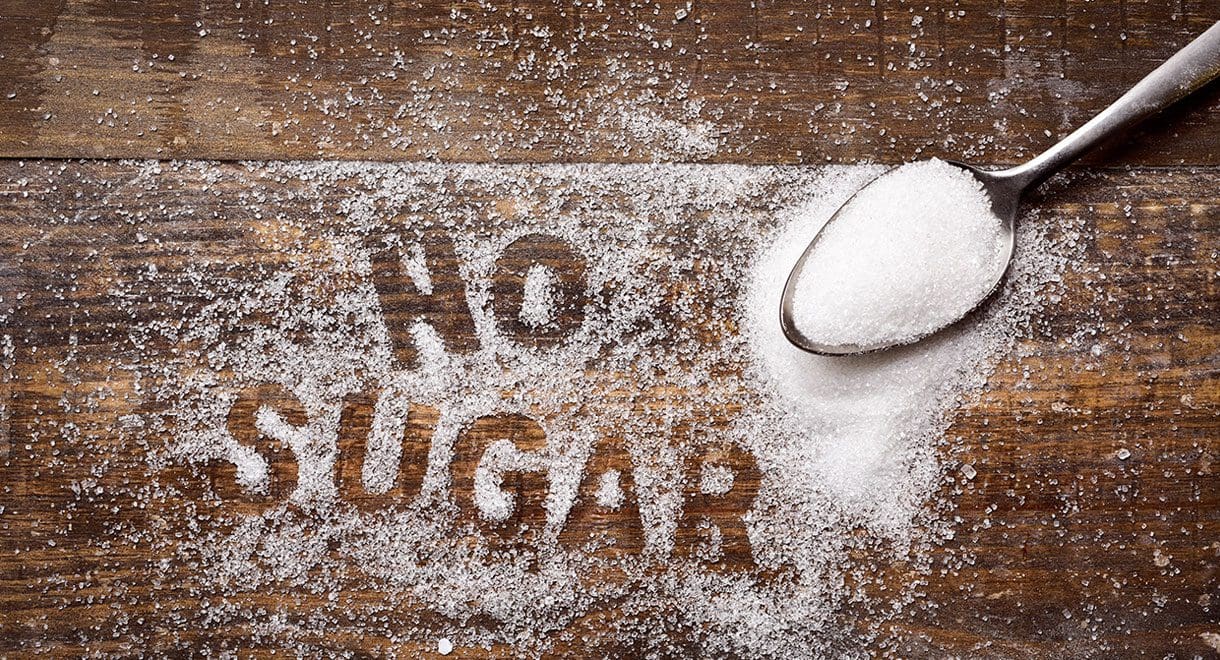
Minimise or avoid sugar and grains in your diet. Research has shown that when humans were hunters and gatherers and based their diets on meat and vegetables, their mouths housed different types of bacteria that were less likely to cause tooth decay and gum disease. You can read more about this here.
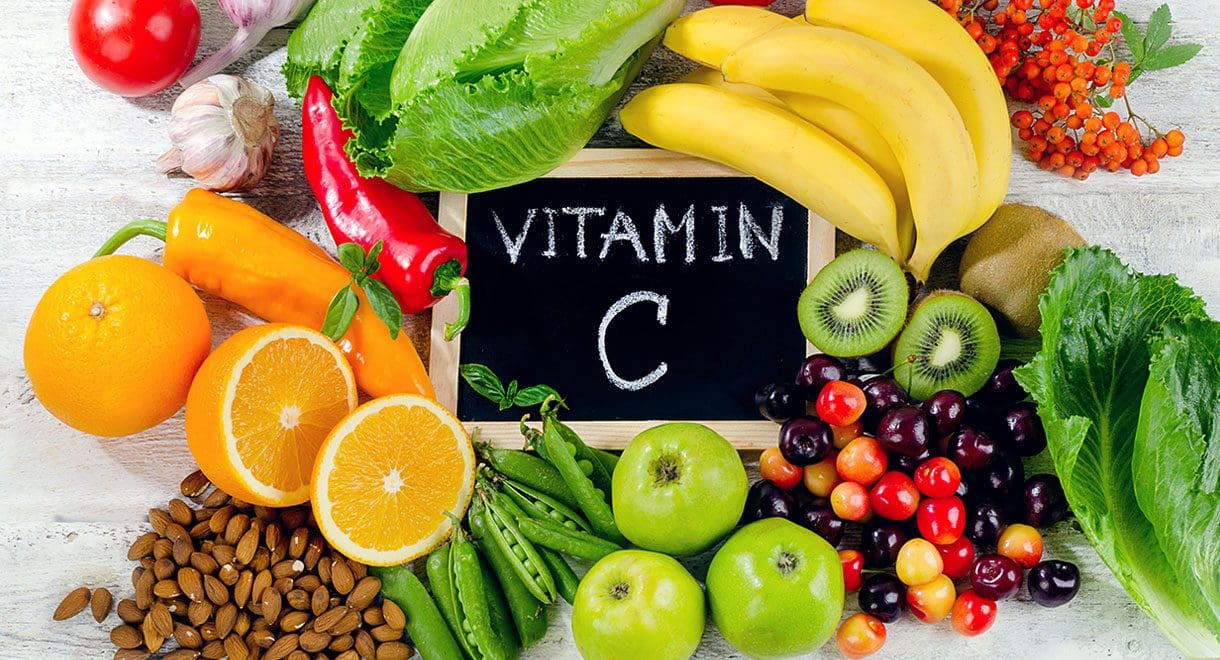
Make sure you are consuming adequate vitamin C. Vitamin C is found in fresh, raw fruits and vegetables. Many people find it difficult to consume enough fresh produce, and much of the produce sold in stores today isn’t that fresh anyway. Vitamin C is a fragile vitamin and easily breaks down. We need vitamin C to keep our gums healthy because it is required for collagen production. Bleeding gums is a very common symptom of vitamin C deficiency. If your gums bleed while you brush your teeth, you are allowing gum bacteria to enter your bloodstream. From there it can travel to any organ of your body and create disease.

A healthy digestive system is critical for good overall health, and digestion begins in your mouth. A lot of the patients we see are following a healthy diet; often it’s quite a restrictive diet, yet they still suffer with poor health. This is usually because they have a gut issue such as bacterial overgrowth, leaky gut and dysbiosis. The 15 Day Cleanse is specifically designed to address these conditions.
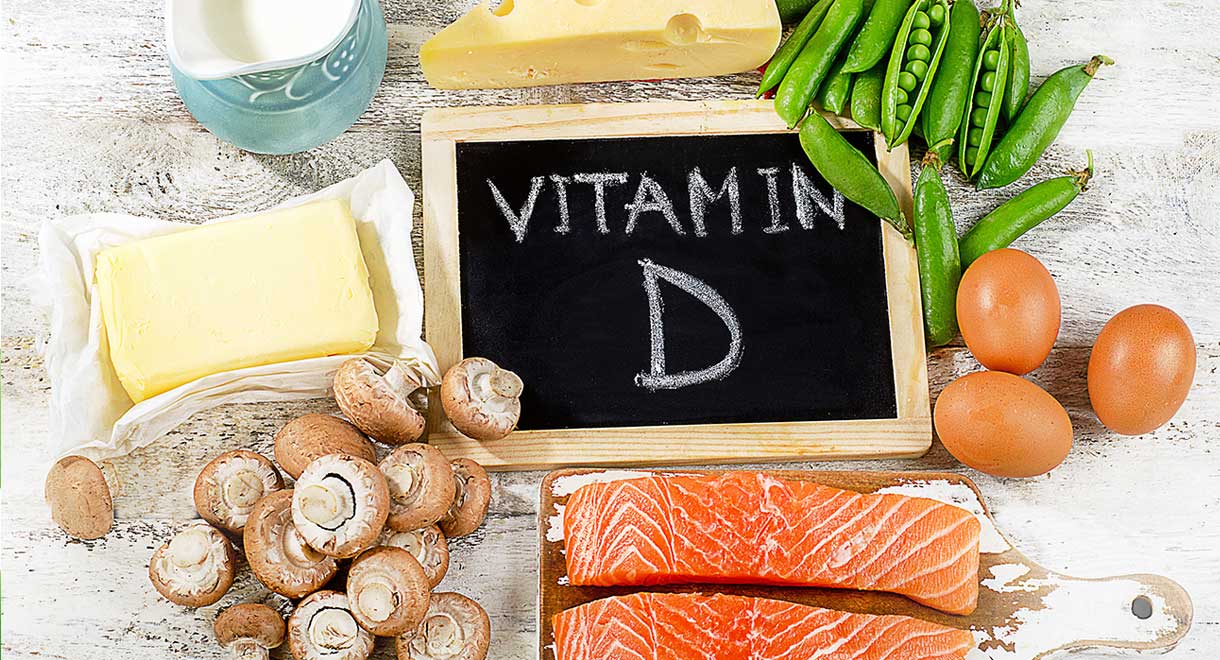
Vitamin D is essential for healthy immune system function, and deficiency promotes overgrowth of harmful bacteria in the body. Gum disease is more prevalent in people without sufficient vitamin D in their body. I encourage all my readers to get a blood test for vitamin D, because you are probably deficient unless you work outdoors or have outdoor hobbies.
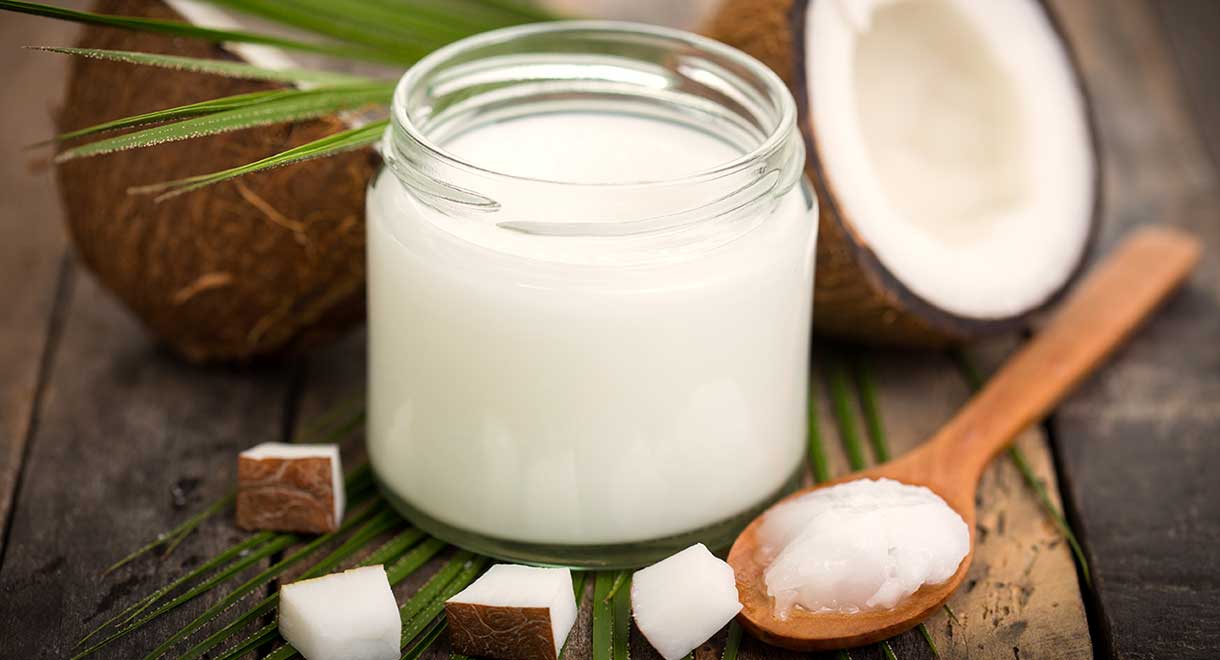
Xylitol and coconut oil both inhibit bad bacteria from growing in your mouth. They are both easily incorporated into your diet. Xylitol is a natural sugar substitute that you can cook with, and it is available in sugar free chewing gum and toothpaste. Xylitol can inhibit the growth of cavity causing bacteria on your teeth such as Streptococcus mutans. The fatty acids in coconut oil also help to reduce bacterial growth in your mouth. It is easy to incorporate coconut oil into your cooking, or add it to your protein smoothies.

Minimise or avoid consuming acidic beverages. Fruit juice, soda and sports drinks can all wear away your tooth enamel, leaving your teeth more exposed and vulnerable. All soft drinks can leach minerals from your bones and teeth. Calcium and magnesium are the most important minerals. Many people don’t get enough magnesium in their diet and their magnesium requirement is higher because stress and alcohol deplete the body of this mineral.
If you are seeking to improve your health, please don’t forget to look after your mouth. It has an enormous bearing on how you look and feel.




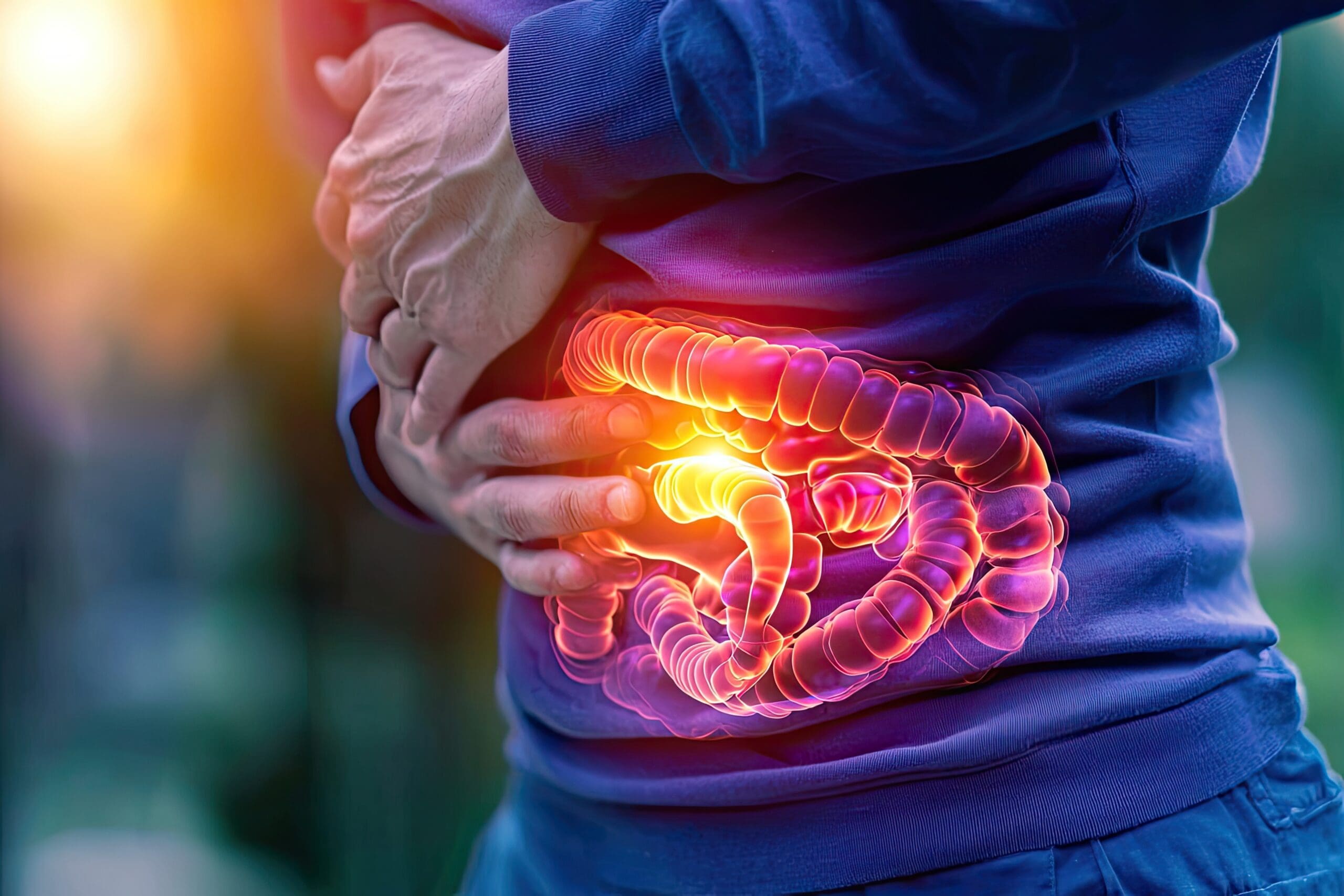




Hi I was wondering what you suggest for a problem with painful heart burn I get quite often. What causes it and what can I do about it, thanks so much. E.
Hi Esther,
We have some articles on heart burn that might help you:
https://www.cabothealth.com.au/reflux-2/
https://www.cabothealth.com.au/6-natural-solutions-heartburn/